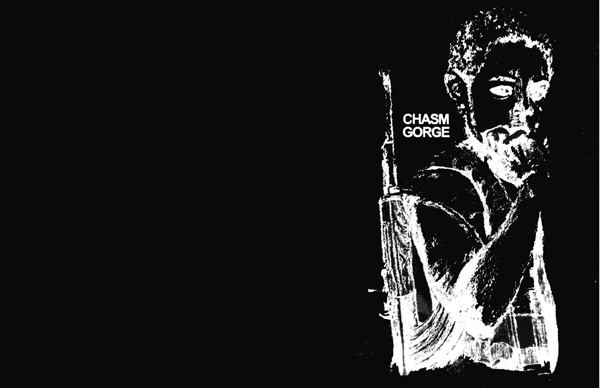
The terror is not over; it’s just begun.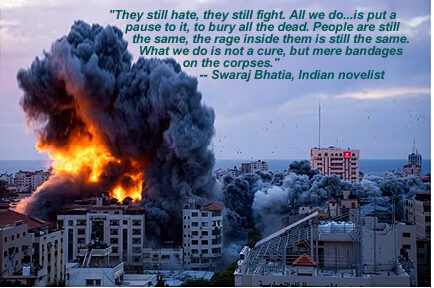
A year ago 18 of us were packing that last bag for EWT’s trip to Israel, Jordan and Egypt. The response to the trip had been one of the strongest that EWT had had in decades. I’d forewarned everyone before they reserved that I’d hired a Palestinian guide recommended by Rick Steves. I wanted to be clear that I felt the Israeli perspective was much better understood by Americans than the Palestinian one.
A few days before the end of the Israeli program, several Jewish members of the trip politely told me that they were leaving early. They were too kind to explain further. I understand better now why they did. And I’m so sorry that it took a 9-11 event for me to grasp this.
Read more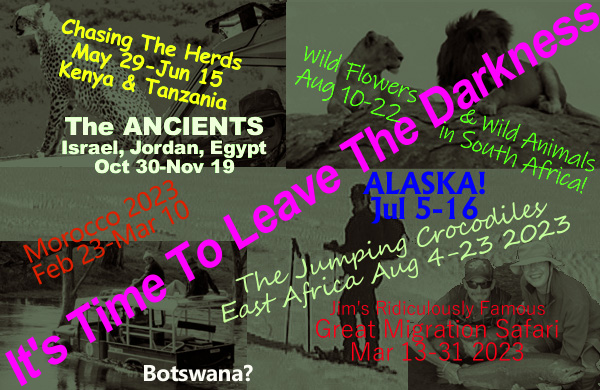 I am so fortunate to have so many memories that when I sit down for tea with my bride of fifty years each morning squeezing out an arthritic knee or two, I wonder how the hell I’ve been to all those places! But you know no matter how depressed or infirmed or isolated I might feel under this era of darkness, when you stop making new memories the old ones start to wither away. So I won’t be posting several blogs in the next week or so, because I’ve got to make some new memories quick!
I am so fortunate to have so many memories that when I sit down for tea with my bride of fifty years each morning squeezing out an arthritic knee or two, I wonder how the hell I’ve been to all those places! But you know no matter how depressed or infirmed or isolated I might feel under this era of darkness, when you stop making new memories the old ones start to wither away. So I won’t be posting several blogs in the next week or so, because I’ve got to make some new memories quick!
Email me and maybe join me soon to discover some fantastic memories waiting just over that horizon. It’s not as far away as you think. [email protected]
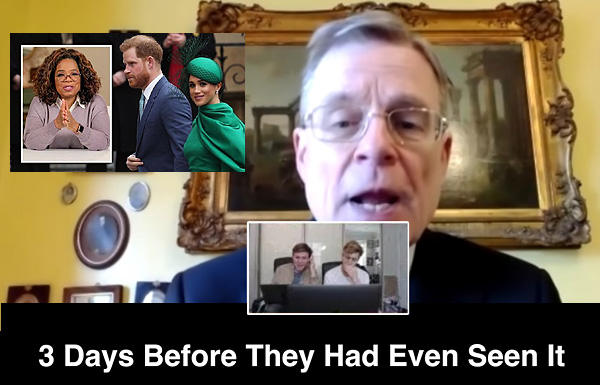
What do Africans think about the Harry and Meghan interview? Watch South Africa’s Josh Pieters’ You Tube with four prominent media experts on the royal family who critiqued the interview, as if it happened, before it happened. Click here to enjoy then…
Realize that comedic relief from really horrible situations is an underprivileged people’s art form. Laughing is common when there’s no confusion about the situation, no equivocation on its wrongness.
Read more
A prematurely old man limped onto on his bench in a cold, damp courtroom this weekend listening to an equally enervated prosecutor behind him whose grotesque mole finally shown as his pandemic mask slid too far down his cheek.
The social and cultural debauchery of the last four years in America has revealed all its moles. The UK judge rejected the old prosecutors’ appeal to extradite Julian Assange to the United States, because America’s prison system is “oppressive.”
Read more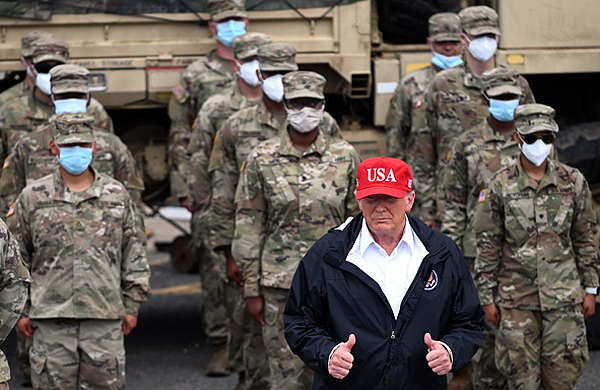
Trump is not only recalling our military willy nilly, he is kneecapping our few diplomats left as he strews mayhem in Africa.
Tensions are on a sudden rise in Ethiopia, Egypt and Somalia, and best I can tell it all leads back to reflexive tweet-like actions by Trump since his defeat.
Read more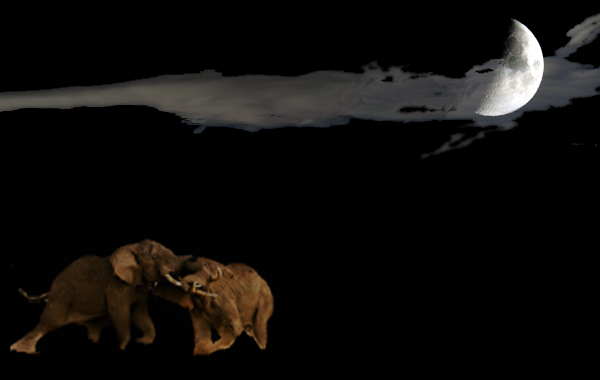
The night was so still that the terrifying screams of the elephant fight made their way all the up from the Amboseli flats like a far away old-time radio trying to retrieve its signals. Leo stood motionless beneath a half moon, his attention twitching back-and-forth between the fighting jumbos and the surge of innocent laughter that he’d left behind, uncertain which should command his attention, petrified of a wrong decision.
A strip of cloud left over from the pitiful wet season whipped around the great mountain and slipped briefly over the moon. South breezes rushing up from the flats died, and the jumbled merriment in the mess tent suddenly crystalized into distinct words. Stubbornly he walked further away towards the camp fire, but as faint as the voices grew he understood the two millennials recounting a recent wedding gone awry, Frank comparing his barbecue to Nelson the cook’s, and poor Charles, the waiter, plaintively offering to search the nonexistent back pantry for still another nonexistent bottle of Spier shiraz. No mention of the morning elephant walk.
He squatted in front of the dying fire, picked up a stick and carefully teased the last live coals into a final pile. He stared into their glowing orange edges without blinking, his soul opened to some direction when they screamed again. Undelivered by the breezes off the flats they were less real, distant staccato screeches, hard to make out if playful or deadly, like any safari, like any moment in a life surrendered to its fate alone.
Opening, Chapter Seven, The World by Ole Surit by Jim Heck, due out mid-2021.
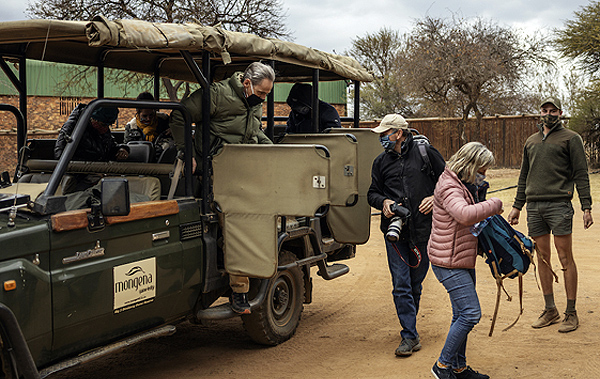
The President’s incompletely known virus situation this weekend drove the media to explain “viral load.” This provides travelers excellent information for predicting when they might be unshackled.
Viral load is the “amount of virus in the blood.” As a critique of the President’s irresponsible behavior, and as an indicator for travelers, we need to understand it.
Read more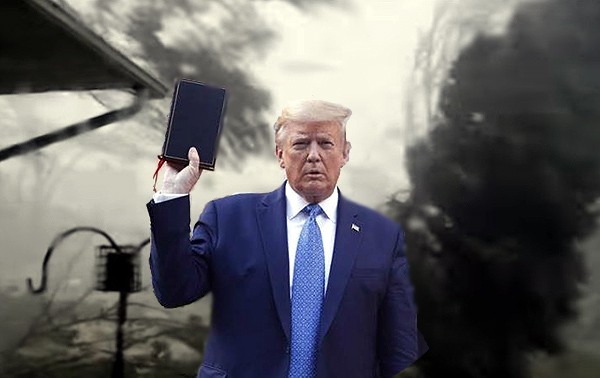
What can cut through the parallel universes that currently divide us? The spirit. This very African notion can save us.
Read more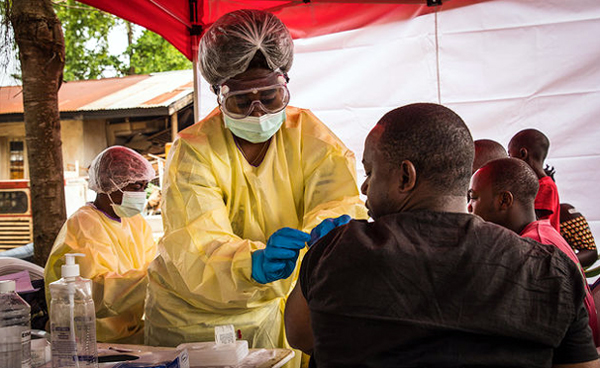 Suspicions are increasing that the Tanzanian government covered up to four cases of ebola discovered in Dar-es-Salaam in early September.
Suspicions are increasing that the Tanzanian government covered up to four cases of ebola discovered in Dar-es-Salaam in early September.
Tanzania has denied the accusation.
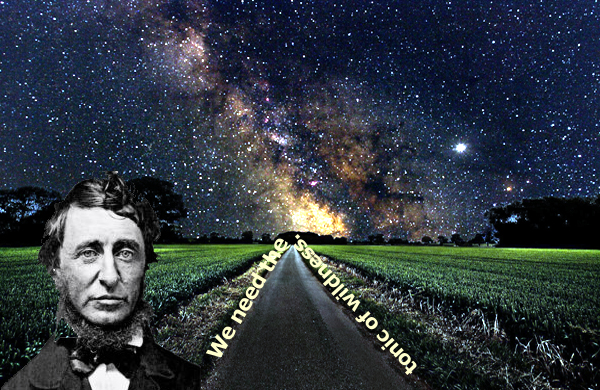 I come to the end of my career with so many things changing so fast that I’m compelled to tell you that you better go now to Africa or you’ll never see the things I saw!
I come to the end of my career with so many things changing so fast that I’m compelled to tell you that you better go now to Africa or you’ll never see the things I saw!
Of course, what does that matter? Everything changes. Some periods in the past – like those that my home town of Galena Illinois tries to recreate in building restorations and historical fests – might actually be preserved to a valuable state for eternity. But not the wild, folks. The wild cannot be brought back. Once gone, it’s gone forever.
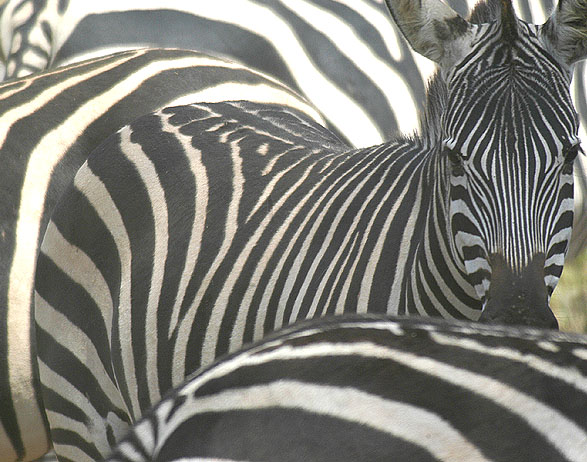
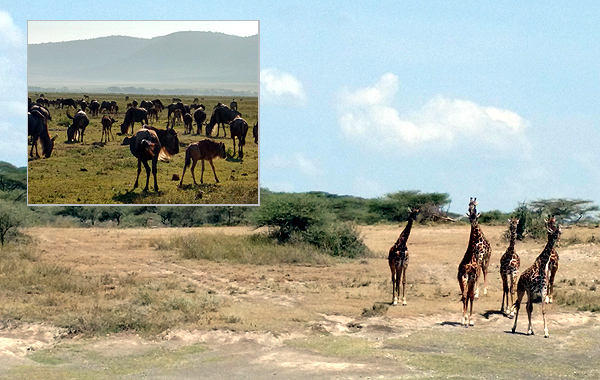 I don’t know why a hunter hunts. I have had very close friends and business partners who were hunters, and I’ve listened to them quietly and for long periods of time as they describe almost existentially “the chase” inevitably concluding that it is a first principal of homo sapiens to conquer all else living.
I don’t know why a hunter hunts. I have had very close friends and business partners who were hunters, and I’ve listened to them quietly and for long periods of time as they describe almost existentially “the chase” inevitably concluding that it is a first principal of homo sapiens to conquer all else living.
I’ve heard them wax about the raw wilderness and how a hunt requires them to understand its most intricate devices or succumb to failure. They speak of the beautiful mornings and operatic sunsets, the great expanses of landscape and endless sense of freedom that arises from “communing with nature.”
I don’t think they understand the wild.
 National Geographic has published its 2019 “Cool List” of recommended destinations for travelers. Ever since NatGeo began producing Alaska State Troopers in lieu of insightful earth documentaries I’ve relegated it to the Fox category. My opinion now is now only massively reenforced.
National Geographic has published its 2019 “Cool List” of recommended destinations for travelers. Ever since NatGeo began producing Alaska State Troopers in lieu of insightful earth documentaries I’ve relegated it to the Fox category. My opinion now is now only massively reenforced.
The Cool List is one of the worst travelers’ lists I’ve ever seen. I’ll critique the African entries.
 Ethiopia is on the brink of becoming democratic for the first time in its 3000-year history. This very dangerous moment in one of Africa’s most reclusive countries reflects the aftermath of destructive nationalism and populism, something most of the world is still mired in.
Ethiopia is on the brink of becoming democratic for the first time in its 3000-year history. This very dangerous moment in one of Africa’s most reclusive countries reflects the aftermath of destructive nationalism and populism, something most of the world is still mired in.
In that sense Ethiopia is ahead of the game and could shed some light on what will happen to the rest of us once our era of populism ends.